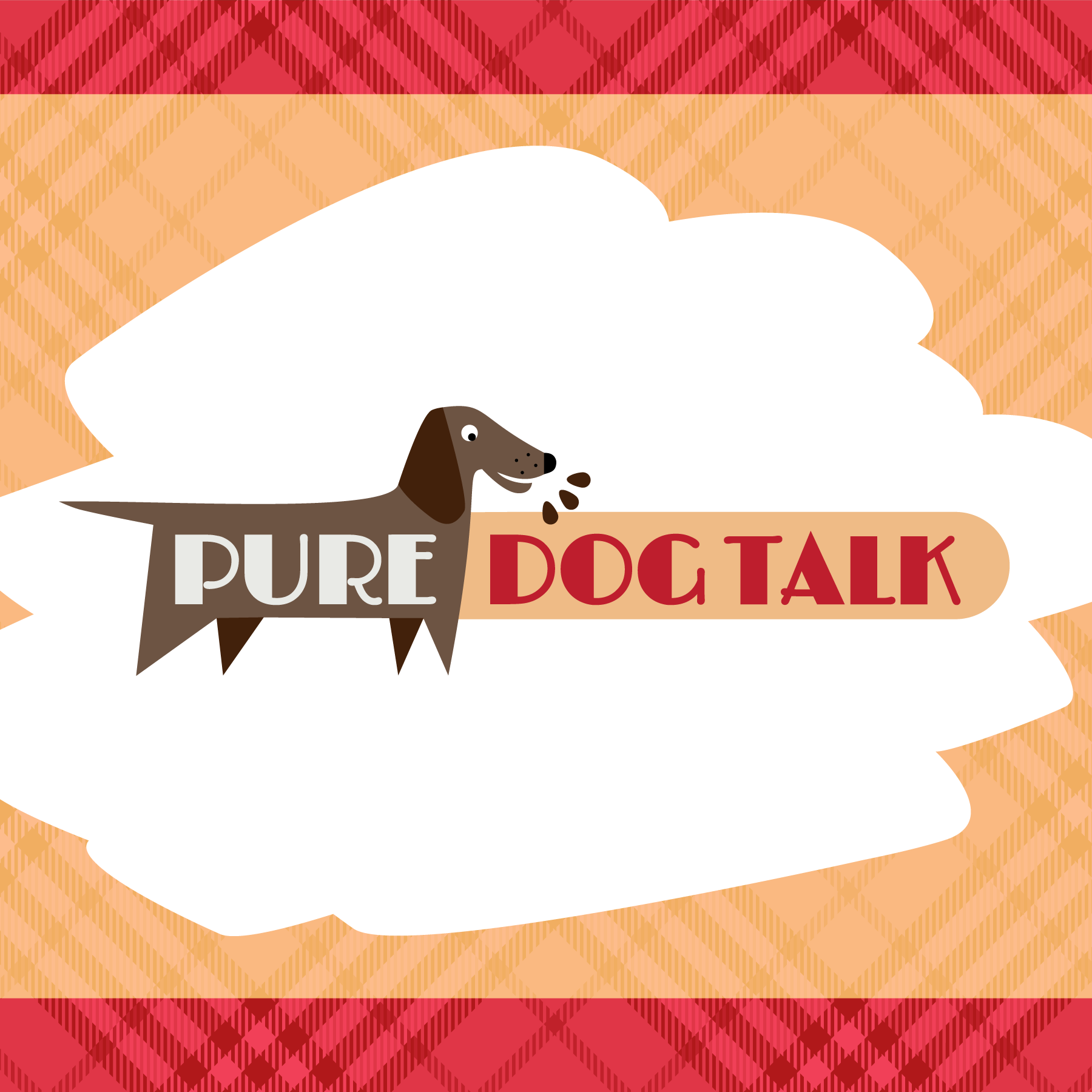483 — Separation Anxiety: Myth Busting with Malena DeMartini
Separation Anxiety: Myth Busting with Malena DeMartini
Malena DeMartini, canine behavior specialist focused on separation anxiety, joins host Laura Reeves for some mythbusting around anxiety, separation anxiety, genetics and heritability of anxieties and fears, and more.
“When we're talking with regard to separation anxiety, your dog is not being a jerk,” DeMartini said. “Nor are they being spiteful. Nor are they just angry at you because you're not spending enough time with them. All of that discussion, that is not what's happening. What is happening is so important that we understand from a compassion and empathy standpoint, as well as from a training standpoint. These dogs are panicked. This is a true phobia to being left alone. I want to remind people that, by definition, phobias tend to be rather irrational, or at least irrational to the person that's not experiencing that.
It really isn't your fault
“Spoiling, and this is how they represent spoiling: letting a dog sleep on the bed, letting a dog on the furniture, giving them lots of treats or feeding them extra goodies, or taking them on car rides with us, all these sorts of activities, which in my head are part of having a family member, none of those things are either causational or correlational for separation anxiety.
“When you have a dog with separation anxiety, you are going to get every naysayer in the universe coming after you saying it is your fault … I just want people to absolve themselves from that guilt and no they did not create an animal with separation anxiety by letting him snuggle on the couch.”
Don't "feed the beast"
DeMartini also offered recommendations on how to not “feed the beast” of a dog’s anxiety.
“When I talk about nonchalant exits and entries, we have to remember that dogs are masters of discrimination. Yes, they know when we're leaving and so taking an extra five minutes to give them kissy sounds can just put more emphasis on the exit. So, I tell people your dog has figured out that you put on your shoes, you've grabbed your backpack, got your keys in your hand, your dog is fully aware that you're about to leave, you don't have to tell him anything.
All in the family?
DeMartini provided insight on the genetics and epigenetics of anxiety and fear in dogs, as well.
“In the last few years (researchers) have actually identified a haplotype, so sort of a genetic marker, that is specifically in accordance with separation anxiety. Here is the important aspect: just because (a dog has) that particular haplotype, where those genetic markers exist, does not mean that the behavior problem is going to occur. That's where the epigenetics play a role. These are like toggle switches. So that toggle switch may remain off for the lifetime of that animal but there are some environmental influences that could flip that toggle switch.
“You can have the most beautiful well-bred dog physically, but if they are suffering from a welfare perspective because of their mental health that's a problem.
Behavior modification
“Separation anxiety is actually a behavior that is quite modifiable. It's not easy and it takes time, but we can do a lot to optimize dogs for a long-term success in the beginning of their lives. Just because there's that genetic potential predisposition, that doesn't mean that we can't change it. Heritability is not a diagnosis of a permanent state.
“Separation anxiety behaviors are evolutionarily appropriate for puppies at a young age. How many of us have seen a puppy cry and the bitch comes back. We've seen it over millions of years of evolution that there is a purpose for vocalization and some of these other behaviors when these pups are really, really young. But the majority of them do grow out of it. If they don't it’s become sort of maladaptive. When it becomes maladaptive in a 14 or 16 or 18 week pup, no amount of letting them cry it out and try and get over it is going to help them grow out of it. That is a moment in time where we say, ‘we've got to give this pup some training and give them that metaphorical soft place to land in order to help them through this.”



